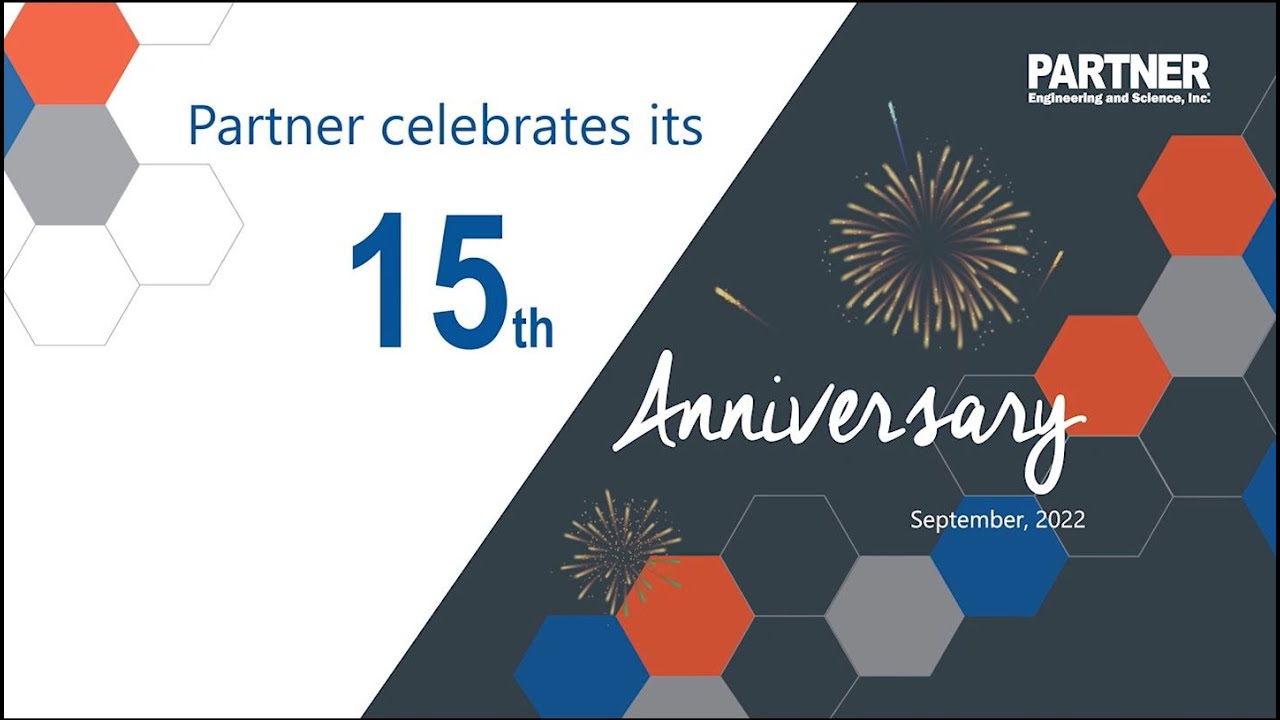
You will be curious about the average fees for money management when you are looking for an investment advisor. The average investment advisor charges between 0.25 and 0.30 percent of assets. In this article we will examine the fees charged by three licensed investment advisors. This will allow you to make an informed decision about the industry and your personal needs. As always, be sure to check the fine print to make sure you are not paying too much.
0.25% to 0.30% of assets
Most financial advisors charge a percentage for their investment management fees. For portfolios under $250k, a 1% fee will exceed 0.25% of your account balance after inflation. This fee is not the average. Many advisors charge more money than 1%, while others charge far less. The majority of advisors will increase their fee by 0.255% per annum.

Investment advisors: 0.25%-0.30% of assets
Veres' data also includes fees for fee advisors as well the total cost AUM. The fees also include costs associated with underlying investments or trading platforms. Fees are lowest for investment advisors whose AUM is less than $1 million. They increase steadily but remain stable. Fees for financial advisors whose AUM is $5 million and up are typically 1.5% to 0.7% of assets.
State Street Global Advisors found that nearly half of investors believe that investing costs are included in the investment fee. Nearly half of millennials and generation X believe fees cover mutual fund costs. This misconception is common among younger investors. In fact, 71% of baby boomers believe that fees cover mutual fund costs. The fee for investing in mutual funds is not covered by the advisor's fee.
Registered investment advisors will receive assets ranging from 0.2% to 0.3%
A registered investment adviser's fee average is between 0.25 and 0.30%. The fees tend to decrease with asset value. Portfolios below $250k have a median fee of 1.25%, while assets above $1M have a median fee of 0.88%. A significant number of advisors charge fees that exceed 1% of AUM. As a client's account balance rises, fees decrease.

Schwab employees may earn more from SWA or advisory program assets, but they don't make as much as independent contractors. Schwab employees earn more on SWA and advisory program assets than independent contractors. Independent contractors also receive a monthly net payout from Schwab. IB Representatives pay the rest. However, individual agreements and promotional offers can lead to lower fees. It is important to fully understand the fees of investment advisors and the nature your account.
FAQ
How did modern consultancy come about?
Consultants were originally accountants who could help companies manage their financial affairs. Because they were skilled in managing financial information, they became "accounting consulting". The role soon expanded to include other areas, including human resources management.
The term "consultant" came from the French word for "to advise." It was used by businessmen to describe someone who could offer advice on how to run an organization. Even today, many business owners still use "consultant" when referring to professional advisors.
How do I choose a good consultant?
There are three main factors to consider:
-
Experience - How experienced is this consultant? Is she an expert, beginner, intermediate or advanced consultant? Do her qualifications and knowledge show on her resume?
-
Education - What did this person study in school? Did he/she study any relevant courses after graduating from high school? Is there evidence that he/she learned from the writing style?
-
Personality - Are we attracted to this person? Would we prefer him/her working for us?
-
These questions can help you determine whether the consultant is right for your needs. If you don't have clear answers, it may be worth meeting with the candidate for an interview.
Do I need to seek legal advice?
Yes! Yes. Many consultants will create contracts for clients without seeking legal advice. However, this can lead to problems down the road. For example, what happens if the client terminates the agreement before the consultant's completion date? Or what happens if a consultant fails to meet the deadlines in the contract?
To avoid any potential problems, it is best to consult a lawyer.
Is consulting a real job?
Consulting is more than a job that allows you to quickly make money.
Consulting offers many opportunities in project management as well as business development, strategy and training. You could find yourself working with small start-ups and large international corporations.
Consulting provides you with the opportunity to develop and hone your skills, as well as gain experience within a range of industries. This could include learning to manage teams and write proposals, manage finances, analyze data, create presentations and conduct market research.
Statistics
- According to IBISWorld, revenues in the consulting industry will exceed $261 billion in 2020. (nerdwallet.com)
- WHY choose me: Why your ideal client should choose you (ex: 10 years of experience and 6-week program has helped over 20 clients boost their sales by an average of 33% in 6 months). (consultingsuccess.com)
- "From there, I told them my rates were going up 25%, this is the new hourly rate, and every single one of them said 'done, fine.' (nerdwallet.com)
- 67% of consultants start their consulting businesses after quitting their jobs, while 33% start while they're still at their jobs. (consultingsuccess.com)
- So, if you help your clients increase their sales by 33%, then use a word like “revolution” instead of “increase.” (consultingsuccess.com)
External Links
How To
What is a typical day for a consultant?
The type of work that you are doing will affect the typical day. You will be spending time researching, planning new ideas, meeting with clients, and creating reports.
You will have many meetings where clients and you can discuss their issues. These meetings can be held over the telephone, online or face-to face.
Also, proposals are documents that outline your ideas or plans for clients. These proposals will be presented to clients by you and a mentor.
You will need to create content after all your planning and preparation. For example, you could be writing articles, designing websites, creating videos, editing photos, or conducting interviews.
You may need to conduct research depending on the scope of your project to find relevant statistics and figures. For example, you may need to find out how many customers you have and whether they are buying more than one product or service.
Once you have gathered enough information, it's time to present your findings to clients. You may give your findings orally or in written form.
Finally, you must follow up with clients after the initial consultation. You can call clients to ask how they are doing or send emails asking for confirmation that your proposal was received.
This process takes time, but it's important to ensure that you stay focused and maintain good relationships with clients.